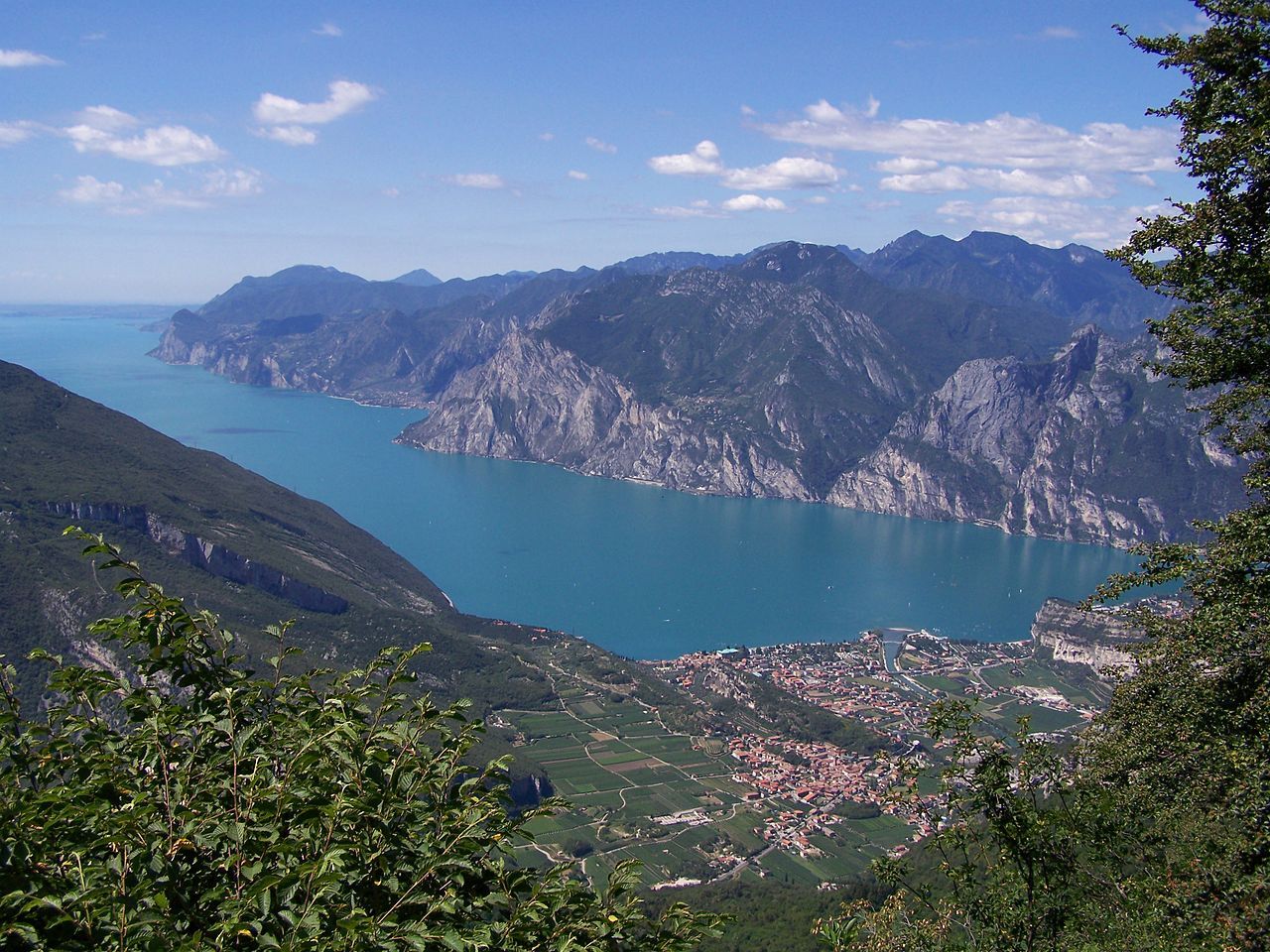There is no doubt the Amarone wines originating from the Veneto region in northern Italy – which are a great match for lamb, pork and beef – are the Danes’ favourite.
North of Verona and close to the Garda Lake is Valpolicella, the only area where the production of Amarone is permitted.
Amore for Amarone
I visited the home of Amarone at harvest time in 2015, where I encountered multiple producers, but there was one that caught my eye enough for me to come back.
Cantine Buglioni is located in the city of San Pietro just north of Verona. The Buglioni Family bought a cottage and some fields there and started renovating in the mid-1980s.
Seven years later, in 1993, after an impressive renovation and the initiation of an entirely new building, Cantine Buglioni quickly worked its way up the vineyard ladder and created a place for itself among the top wine producers in
Valpolicella.
The massive investment put into Cantine Buglioni is still evident to this day, where it stands with a winery, a restaurant, a hotel and three small cheese factories. The winery excels in the production of modern Amarone, which are fresh and very elegant wines that are perfect for serving with a wide variety of
meals.
A salvo for Ripasso
Ripasso, also from Cantine Buglioni, deserves immense recognition. It is made from Valpolicella wine poured over the remains of dried grapes.
A noted sommelier once said that Ripasso was the best wine he ever had, which made the Italians call him a liar, because he’d only been as far as Ripasso and hadn’t experienced all the wines in Italy.
A must for wine fans
Amarone started as a regular wine made out of Rondinella, Molinara and Corvina grapes, but this is where the comparison between regular wine and Amarone wine ends.
After the harvest, the grapes are dried for two to four months until they look similar to raisins, after which they are pressed and the grape must is optimised until it reaches the desired sweetness of the Amarone wine. The wine is then fermented and stored in wooden barrels for 12-30 months.
Traditional vs modern
Traditional Amarone is stored in oak barrels that can often be extremely large. This storage gives the wine its classic, distinctive qualities: intensity, full roundness and soft tannin.
Modern Amarone is stored in small French barique, which gives the wine a stronger taste as its fresh sourness mixes with cherry to create a harmony of aromas. Its modern wine truly stands out from the classic Amarone in an admirable way.
Amarone wines are generally very strong wines with a higher alcohol content (14.5-17 percent) than normal. The wine has a rich residual sweetness from the drying process, which intensifies the complexity and volume of the
Amarone.















